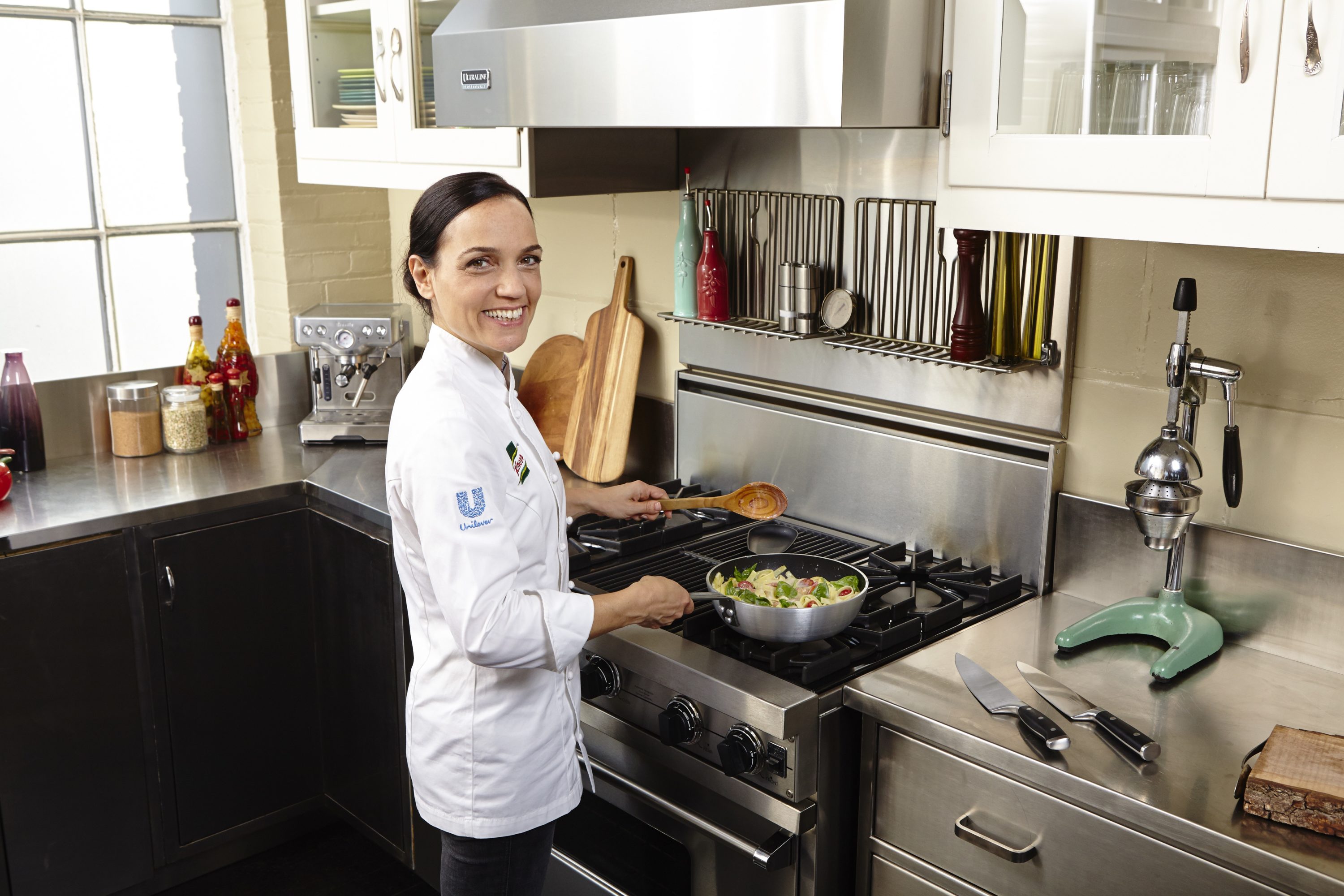Inside One Initiative to Improve Kitchen Workers’ Health and Well-Being

Photo Caption: #FairKitchens founder Einav Gefen.
Skift Take
Wellness is a newsy and topical subject, but it's also a worthy investment. In the restaurant industry, consider the money saved by avoiding a high turnover caused by an abusive environment.


